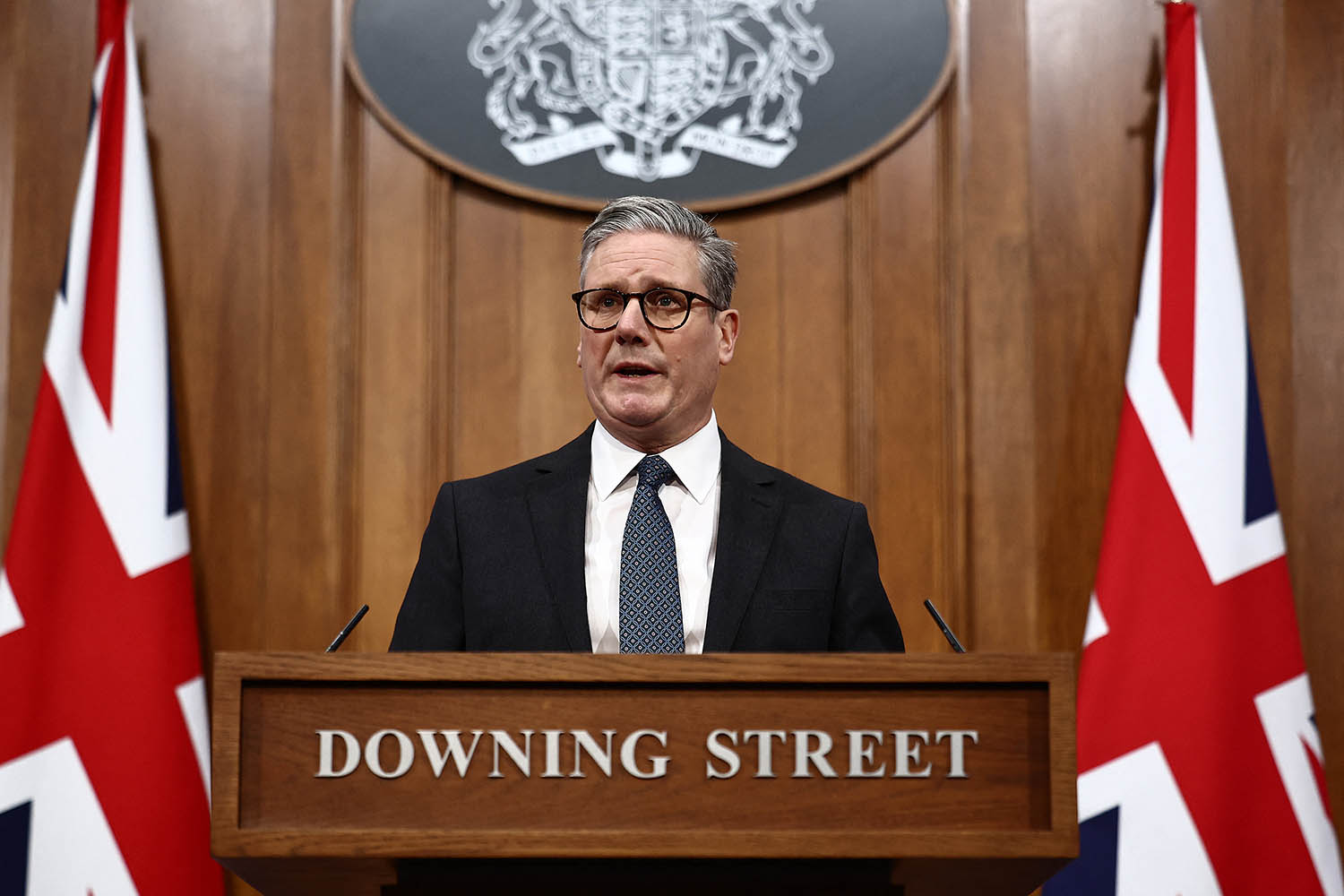
Keir Starmer says he will change UK terrorism laws after authorities failed to identify the threat posed by the Southport killer Axel Rudakubana.
The teenager, who is due to be sentenced on Thursday after pleading guilty to the murders of three children last July, was referred to the UK’s counter-terrorism programme Prevent on several occasions.
But each time Prevent decided he did not meet the threshold for intervention. After last summer’s riots and accusations of a “cover-up” from the Conservatives and Reform UK, the government is now trying to take control of the narrative.
Yesterday Starmer said terrorism “has changed”, announcing both a public inquiry into the Southport attack and plans for updated terrorism legislation to deal with the threat of lone wolves.
These are not the first steps Labour has taken in response to the Southport attack.
Last summer Yvette Cooper, the home secretary, ordered a review of the UK’s counter-extremism strategy with a view to including extreme misogyny as one of a number of emerging ideological trends.
In December, Cooper also announced a £140 million increase in funding for counter-terror police and nearly £500 million for the UK intelligence community.
The Home Office declined to comment on whether the changes announced this week would come with a further funding boost.
Terrorism is currently defined in the UK as an action or threat “designed to influence the government or an international governmental organisation or to intimidate the public… for the purpose of advancing a political, religious, racial or ideological cause”.
Labour may have implicit support outside politics for broadening this definition. In October Ken McCallum, the head of MI5, said authorities were “encountering more volatile would-be terrorists with only a tenuous grasp of the ideologies they profess to follow”.
Starmer yesterday defined these individuals as “loners, misfits, young men in their bedroom, accessing all manner of material online, desperate for notoriety”.
Despite not having a particular ideology, Rudakubana this week pleaded guilty to possessing an al-Qaeda training manual. As a result, although he was not treated as a terrorist before the attacks, he will be when he’s in jail.
Acknowledging that would-be perpetrators of individualised extreme violence would be “harder to spot”, Starmer stressed that work was already underway, pledging to change the law before the conclusion of the inquiry.
Not being put on a statutory footing, the inquiry should proceed relatively quickly.
Starmer is trying to deal with some things even faster: the government is contacting tech companies to ask them to remove the dangerous material accessed by Rudakubana.
Cooper also said Rudakubana was able to buy a knife on Amazon at the age of 17. She said the Crime and Policing Bill, not yet introduced to Parliament, would tighten the law on this point.
But this is a game of whack-a-mole. The purpose of Prevent is to stop radicalisation, and therefore attacks, before they happen. For the families of Bebe King, Elsie Dot Stancombe and Alice da Silva Aguiar, it’s too late.
Broadening the terrorism definition should, on the face of it, help prevent killers like Rudakubana falling through the cracks, but it also widens the field of people to keep tabs on.
That requires more people, time and ultimately money.










